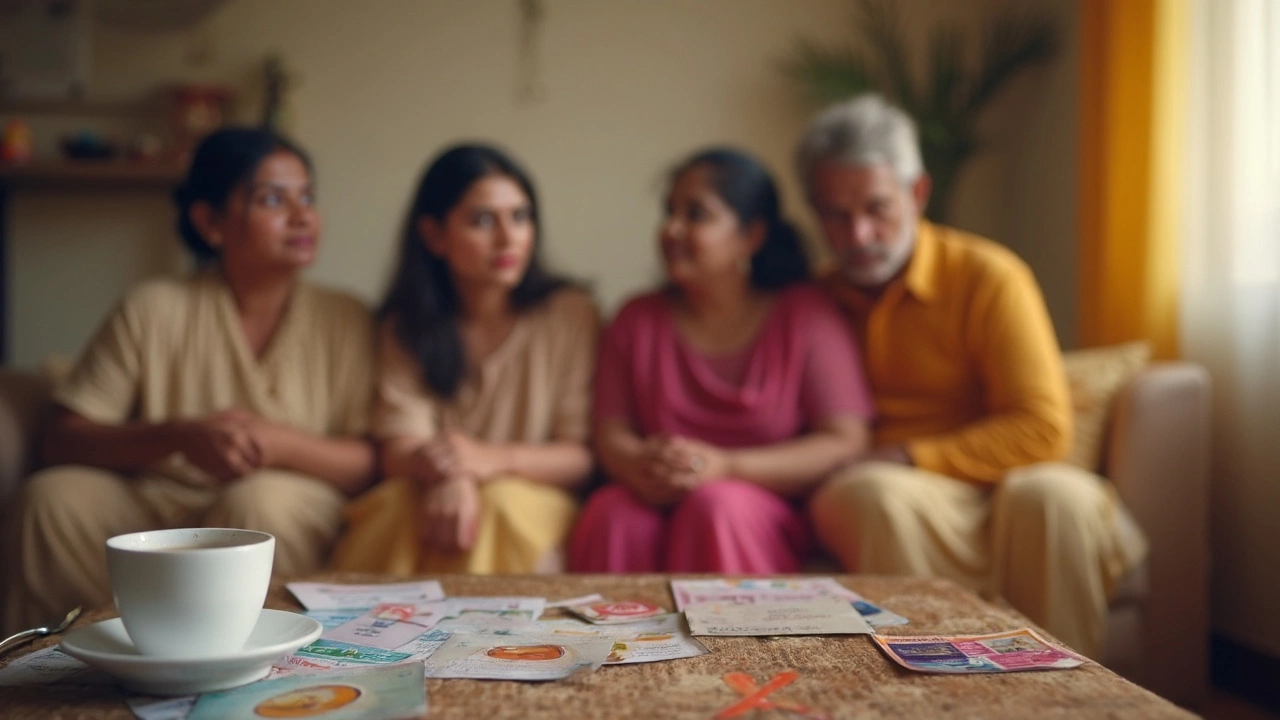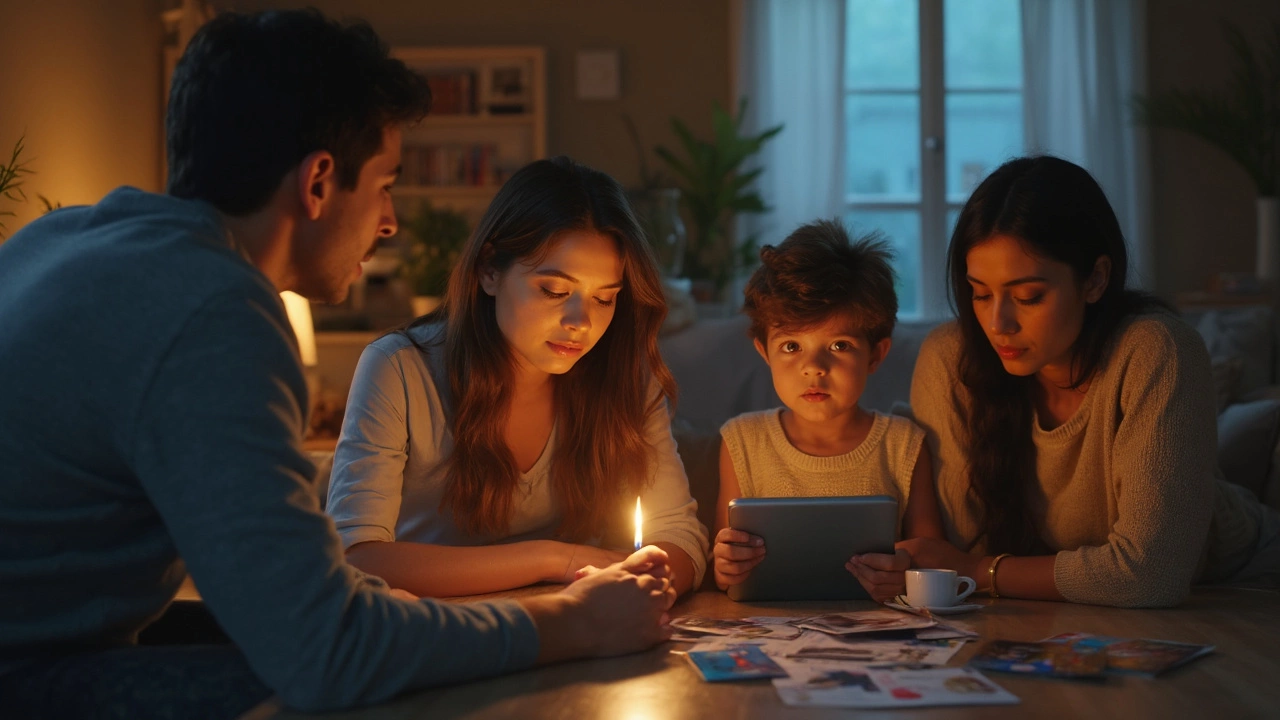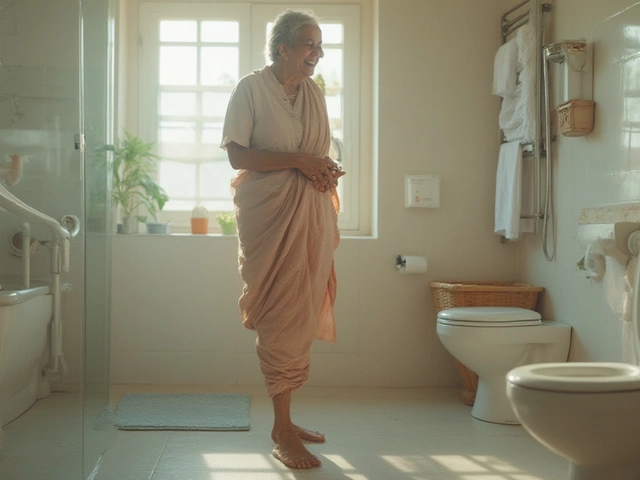Cancer Symptoms: What to Look for and Why It Matters
If you notice something odd about your body, it’s worth paying attention. Cancer often starts with subtle changes that many people brush off. Spotting these signs early can mean a simpler treatment and a better chance of recovery. Below we break down the most common symptoms, explain why they matter, and give you a clear plan for when to seek medical help.
Common early signs you shouldn’t ignore
Unexplained weight loss is a classic red flag. If you’re dropping pounds without changing your diet or exercise routine, it could be a signal that something inside is using extra energy. Persistent fatigue that doesn’t improve with rest is another clue; many cancers hijack the body’s normal energy flow.
Look out for lumps or thickening under the skin, especially in the breast, testicles, or lymph nodes. These can feel firm, painless, and may grow slowly. Changes in skin color or texture—like a new mole that changes shape, color, or starts bleeding—should also raise suspicion.
Unusual bleeding or discharge is a symptom that can point to cancers of the cervix, colon, or urinary tract. Blood in stool, heavy menstrual periods, or blood in urine are all worth a doctor’s visit. Lastly, ongoing pain that doesn’t have a clear injury cause—such as a persistent headache, back pain, or bone pain—can be a sign of cancer spreading.
When to see a doctor and what to expect
If you notice any of the above signs for more than two weeks, schedule an appointment. A primary care doctor will take a detailed history, perform a physical exam, and may order basic blood tests or imaging. Don’t wait for the symptom to worsen; early tests are less invasive and cheaper.
During the visit, be honest about lifestyle habits, family history, and any exposure to known carcinogens like tobacco or certain chemicals. This helps the doctor decide if further screening—like a mammogram, colonoscopy, or ultrasound—is needed. Remember, most symptoms have non‑cancer causes, but ruling them out early saves time.
In India, many public hospitals offer free or low‑cost cancer screening programs. Take advantage of government health camps, especially if you belong to a high‑risk group (e.g., smokers, people with a family history of cancer). Early detection saves lives, and the system is set up to help you if you act quickly.
Bottom line: trust your gut, track changes, and act fast. The sooner you get checked, the more options you’ll have. Keep this guide handy, and share it with family members—early awareness can protect the whole household.

Fastest Killing Cancer: Types, Symptoms, and Urgent Facts
Curious about which cancer kills the fastest? Learn why pancreatic cancer tops the list, the symptoms to watch for, and what you can do if you spot early warning signs.

Most Feared Cancer: What Makes Pancreatic Cancer So Deadly?
Pancreatic cancer stands out as the most feared cancer because of its aggressive nature and poor survival rates. This article explores why it strikes so much fear, what makes it especially deadly, and the challenges of diagnosing it early. Readers will get facts, symptom tips, and realistic advice about coping with risks and treatment options. By the end, you'll know what sets pancreatic cancer apart and how to watch for warning signs.

Ayurvedic Medicine: What Is It Really For?
Jun, 12 2025



